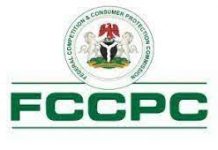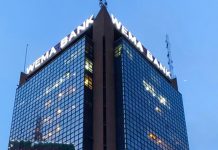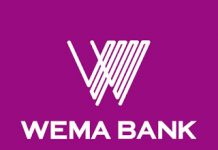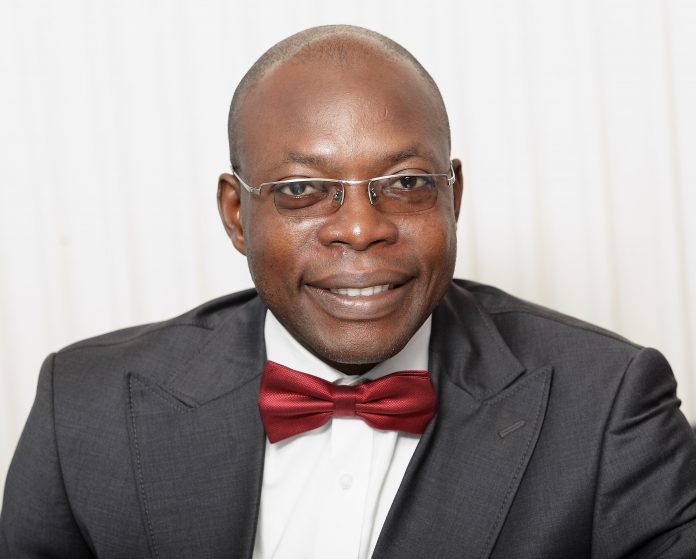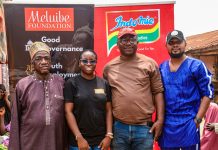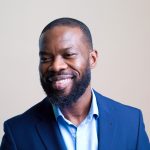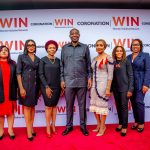GODDIE OFOSE, Lagos
The founder of The SERAs CSR Africa Awards and the Africa’s leading voice in corporate social responsibility and sustainability, Ken Egbas, has stated that innovation doesn’t necessarily equals social good, but social good can be accelerated by innovation provided that purpose is at the heart of that innovation.
Egbas said this at The SERAs CSR Africa 2017 awards in Lagos.
The 11th edition of the flagship CSR awards in Africa was chaired by former governor of Cross Rivers State, Senator Liyel Imoke while 27 organisations within Africa won awards.
According to Egbas, over the past eleven years, our purpose has remained to lead the drive towards actualization of sustainable development goals in Africa by enabling a platform that promotes measures and harmonizes the contributions of private sector, government and public sector, non-governmental organizations to attain Africa’s development targets.
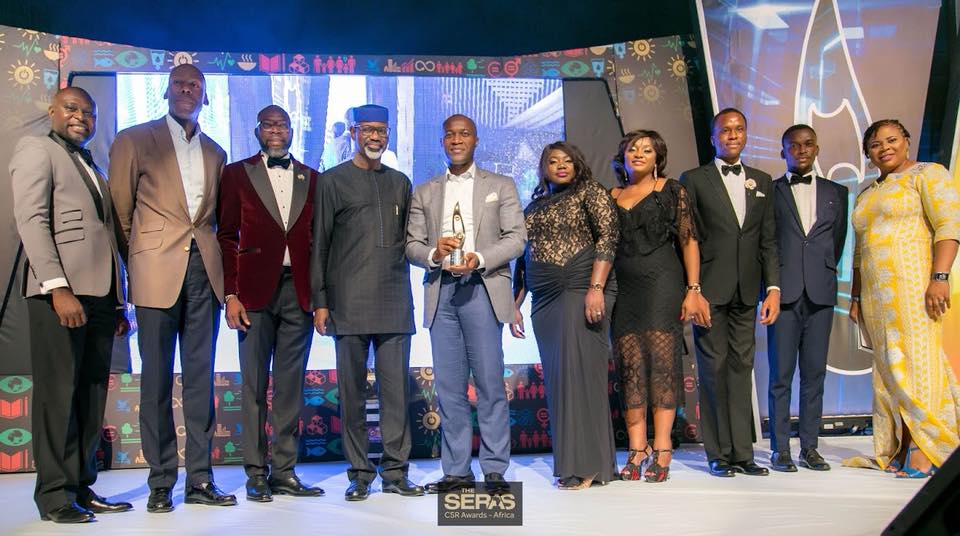

Speaking on 2017 theme: Transformational sustainability: from social responsibility to social impact, The SERAs founder said, “The SERAS Awards CSR Africa attained a major milestone in 2016 when it clocked ten years on the troth. The reason we chose the theme for this year is because we wanted to be in a position to measure the progress organizations had made over the previous decade bearing in mind that corporate social responsibility and sustainability is a journey and some organizations began this journey earlier than some.”
He said however, “We have seen some who are three four years old on the journey and have had greater impacts than some who even started earlier. The time of the ceremony is too short to show everyone all the videos and photographs of the locations visited and view of beneficiaries, stakeholders among others.”
“You have to also note that the verification and field trips in 2017 took us to eighteen states in Nigeria where organizations cited projects, and because the awards are open to the rest of Africa, we also visited South Africa, Kenya and Ghana as well. You have to look very hard to find another platform similar to ours that puts as much effort as we do to gather proofs to claims entrants make, he said
Adding that, “I reckon this is what has continued to stand us out globally in terms of best practices. After the field exercises, we leave to the judges to then take their decisions based on criteria already agreed with them when the theme for the year is announced. And also if you see the stellar cast of judges who are to serve from 2017-2018 you would discover that we took time to ensure selection of not just the best brains globally, but also people with decades of industry expertise.”
On some of the most important factors noticed across implementation of CSR projects by organization in the year under review, Egbas stressed the copycat syndrome among organisations that try to implement CSR project has reduced.
“We noticed quite a number of things. Firstly, the era of one organization copying or mirroring their rivals or others generally has greatly reduced. Organizations are now connect their CSR and sustainability interventions to communities through the prisms of their corporate visions and value propositions, and as such are coming up with innovative ideas that are blazing the trail for new product and service ideas.”
And secondly, he said, consequent on the first point, we are seeing so many organizations suddenly making sense of social enterprise and connecting and partnering with social enterprises and NGO’s who are more versed in what they do to help to deliver on the sustainability aspirations, and this is leading to more impacts in the issues they set out to address.
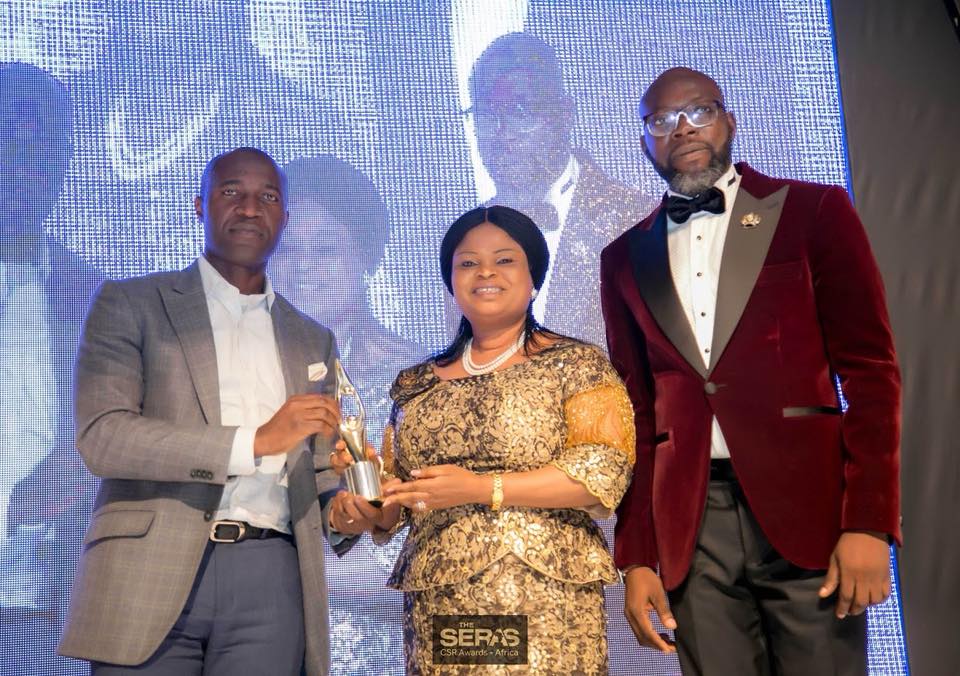

Thirdly, we are beginning to see the demise of the short term approach designed to generate applause or what I call the window dressing approach to CSR, and it is giving way to more methodical and longer term plans with measurement metrics embedded within.
On why the overall winner category was left unlisted, Egbas said, “there was not a case of organizations not being listed for the overall winner awards. We normally leave it blank to raise cause anxiety and raise suspense.”
Accordingly, the judges themselves normally decide the finalists for this category. The criteria for this category usually is based on number of final nominations an organization has for the various categories, quality of entry, the total points scored per final rating in each of the categories where the organizations featured, at the end of this the figures add up then you have the top four highest scoring organizations advance to the final spot where the judges now look at them based on how many categories won in total.
“The organization with the highest number of wins is then chosen and also the best entry in the year then wins the overall. This year, that organization was Access bank. I must say at this point that Access bank’s entry this year would rate amongst the very best ever submitted by a Nigerian organization at The SERAS CSR Awards history. The closest to what they did would perhaps be that submitted by ExxonMobil in 2015,” he said.














